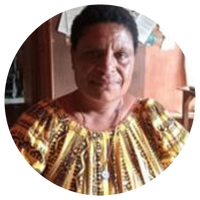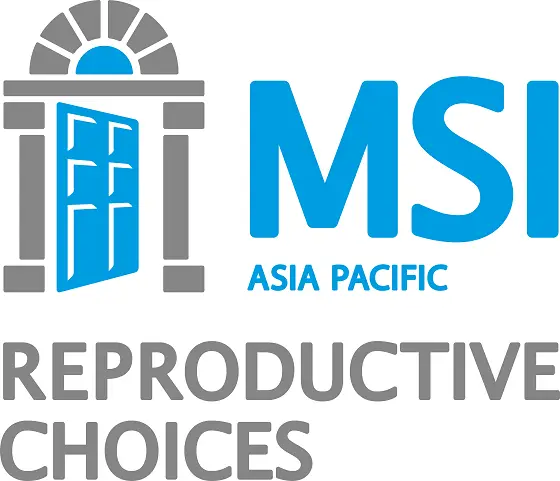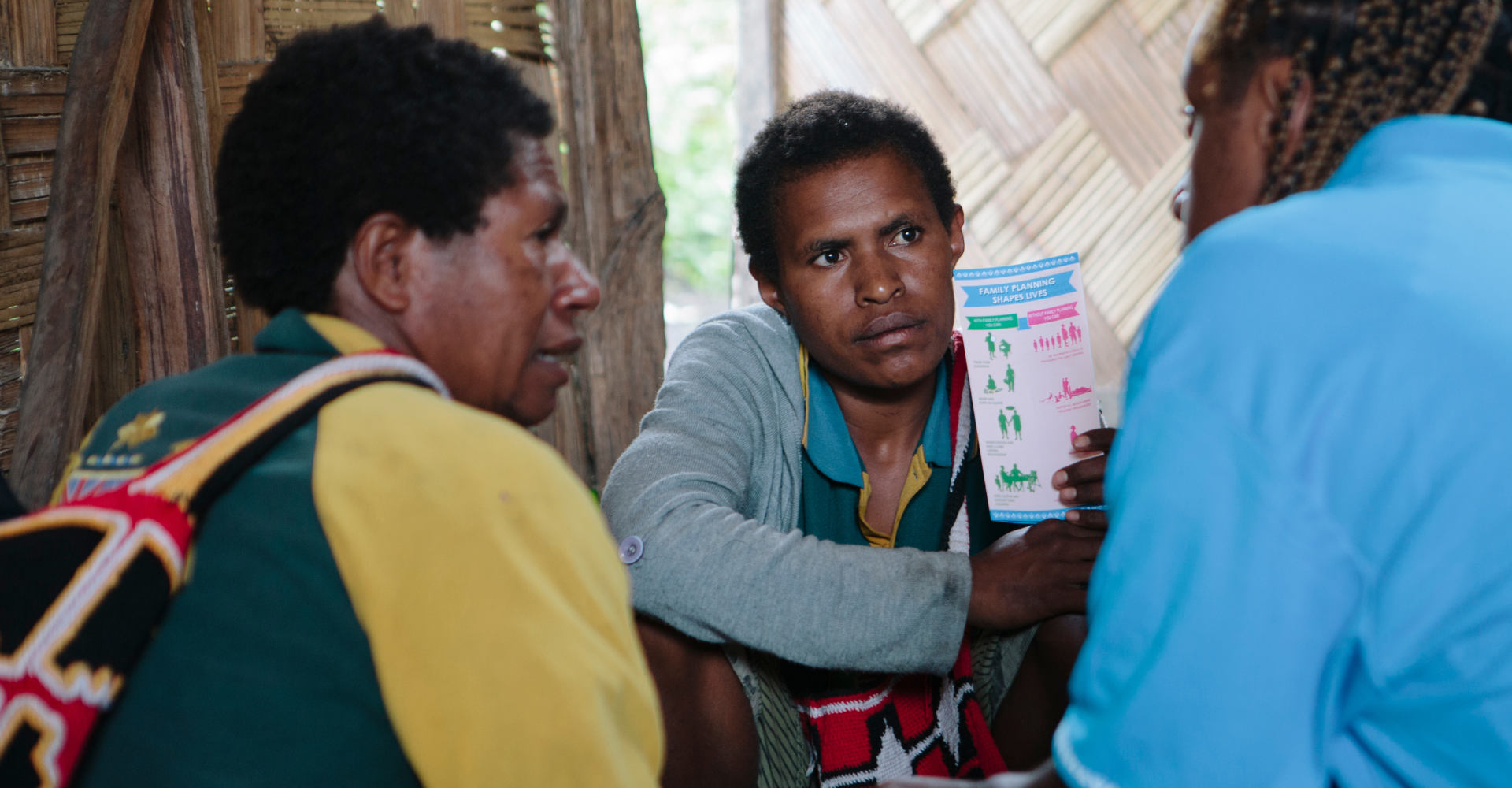For many women in remote areas of Papua New Guinea, accessing reliable healthcare is a challenge.
Yet, stories like Mirriam’s remind us of the resilience and strength within communities—and the importance of services that bring care closer to those who need it most.
Mirriam, a 43-year-old mother of five from Western Highlands Province, knows just how transformative family planning can be. After the devastating loss of one of her children in 2022, she and her husband made a decision that would shape their family’s future: they chose long-term contraception to focus on raising and educating their four children.
They wanted to support their children’s education and give them the best opportunities we can. For Mirriam and her husband, having four children is enough for them to focus on their needs and well-being.
Barriers to choice
Mirriam chose to get an Implant for its long-term benefits. However, after travelling a long distance, with an expensive bus ticker on dangerous roads, she would arrive to find out that the health centre didn’t have the contraception she needed.
But then she met the MSI PNG team.
During an outreach visit to her local health centre, our team provided Mirriam with the care she needed and the reassurance that reliable family planning services were finally within reach.
For Miriam, this was transformative.

“Before MSI came here, there was no reliable family planning service here, the team’s visits have been invaluable to me and many other women in my village.”
Mirriam
The Ripple Effect of Accessible Care
Mirriam’s story reflects a broader reality: when women have access to family planning services, entire communities benefit.
Thanks to MSI’s outreach teams, women in remote villages like Mirriam’s can make choices that empower their families and futures.
Together, we’re making choice possible—for everyone, everywhere.

